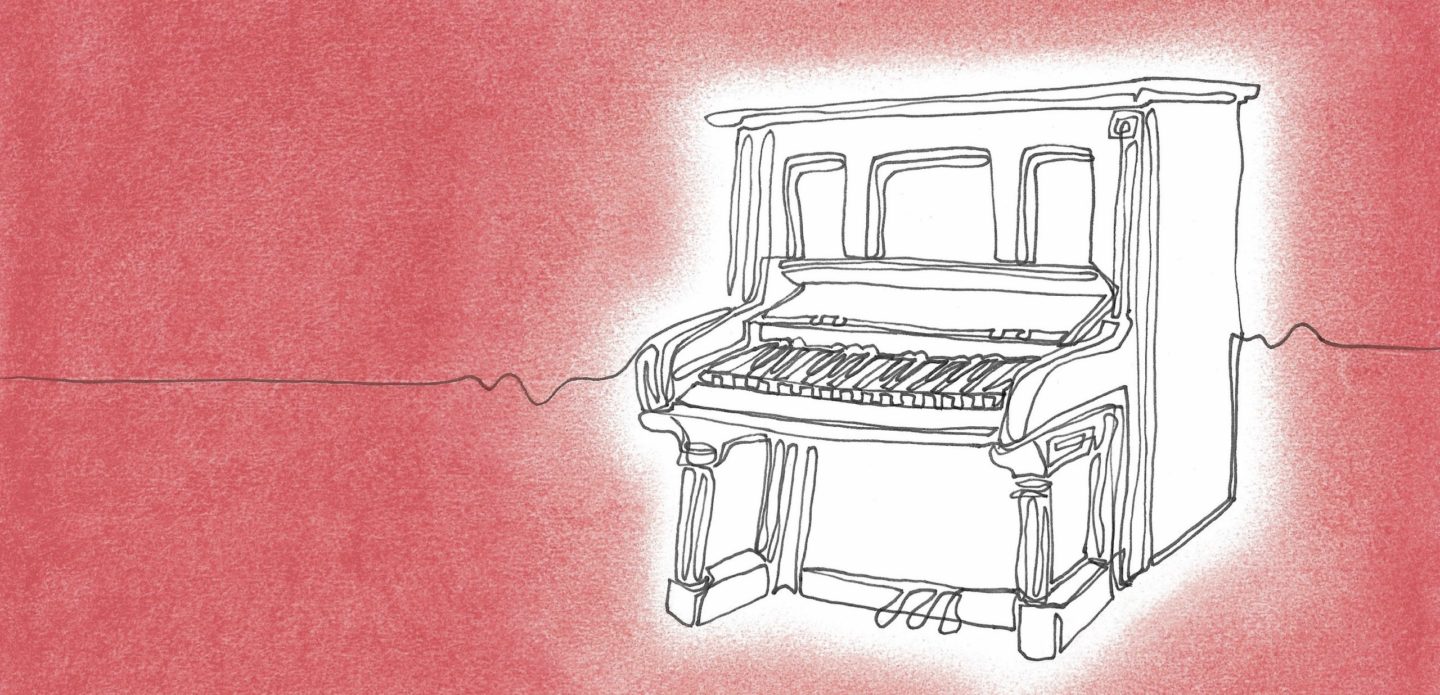Today was an incredible, but emotionally exhausting experience. We visited Buchenwald, a major concentration camp during the Holocaust. The visit was altogether chilling from the start. We began in the heart of Weimar, the sun shining, and within 15 minutes were were in a wasteland, the sky dark and snowing.
My professor brought us down to the main gates of the camp, bearing the phrase Jedem Das Seine. He explained that the phrase could be translated a number of ways – “To each his own,” “Every man for himself,” or “Everyone gets what they deserve.” Regardless of which translation you choose, they are all equally powerful and disturbing. He went on to explain that Buchenwald was not thought of as an extermination camp so much as a transport camp. Jews, gypsies, homosexuals, “asocials” and others from 50 different countries were brought here, to either be redirected, murdered, or die of starvation, disease, or simply being worked to death. As we stared out at the barren remains of mass graves and bunkers, a horrible shiver ran right through me. I felt the relentless wind and snow around me and just thought of all the men, women, and children who stood in this very spot, with probably a fraction of the clothes I was wearing and the food in my stomach and the sleep in my bones. It’s a feeling I won’t soon forget. read more

